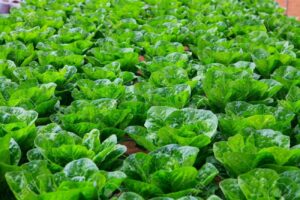Program Evaluation in an Aquatic Agricultural System
Many rural poor and marginalized people strive to make a living in social-ecological systems that are characterized by multiple and often inequitable interactions. Uncertainty and inequality in such systems require research and development interventions to be adaptive.
Complexity-aware approaches to planning, monitoring and evaluating development interventions are gaining strength, yet, there is still little empirical evidence of what it takes to implement them. We share learning from an agricultural research program that used participatory action research and theory of change to foster learning and support transformative change in aquatic agricultural systems.
We share learning on the importance of bringing a strengths-based engagement of stakeholders, building a common goal as a starting point, to allow for a more critical practice. Opportunities for digging deeper emerge.
Abstract on behalf of the authors: J Marina Apgar, Will Allen, Joelle Albert, Boru Douthwaite, Rodrigo Paz Ybarnegaray, and Jeston Lunda
You can access this article for free for 30 days starting by using THIS LINK.
After you’ve had a chance to read this piece, please share your thoughts, ideas, or experiences with our community in the comments below so we can continue this discussion!
- Making Public Deliberations Inclusive with Mixed Methods AR - October 26, 2020
- Participatory action research with Aboriginal Elders: Ngulluk Koolunga Ngulluk Koort project - October 12, 2020
- Bringing the relational self to ART: Interview with Dr. Yvonne Skipper - October 1, 2020

